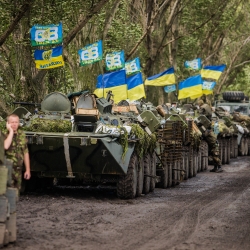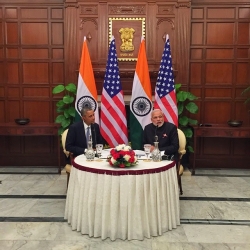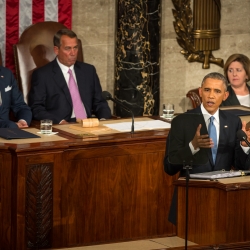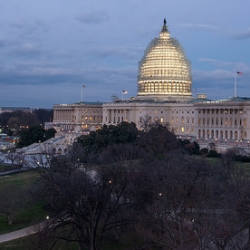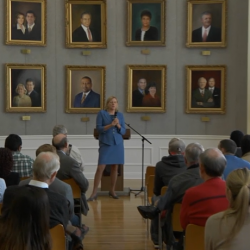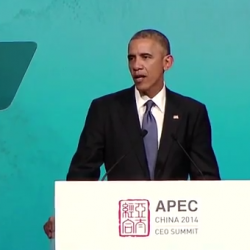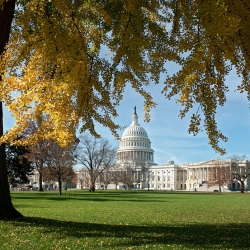Connecting the Dots: Linking Principles to Priorities in the New National Security Strategy
Connecting the Dots: Linking Principles to Priorities in the New National Security Strategy The Obama Administration has just released its 2015 National Security Strategy. The updated strategy concentrates on broad lines of effort that are crucial to American interests, ranging across the categories of security, prosperity, values, and international order. However, to have full effect, leadership is needed to transform the document’s intent into concrete priorities. Indeed, the document reads, “our resources will never be limitless. Policy tradeoffs and hard choices will need to be made.” In moving towards implementation, therefore, national security leaders have the opportunity to reassess their near-term policy priorities to make sure they are addressing long-term trends. In particular, priorities should better reflect the need to effectively deal with the security… Read More ›


